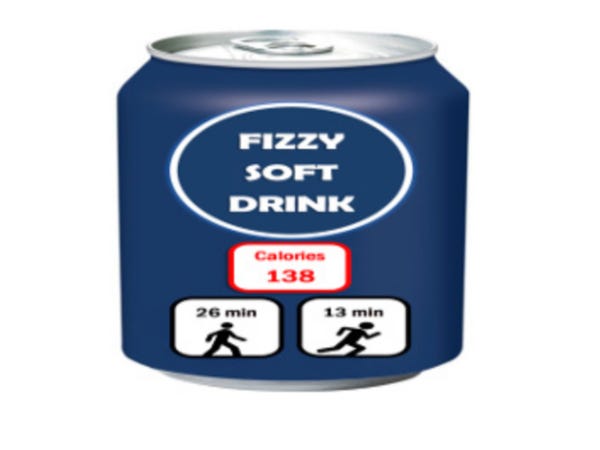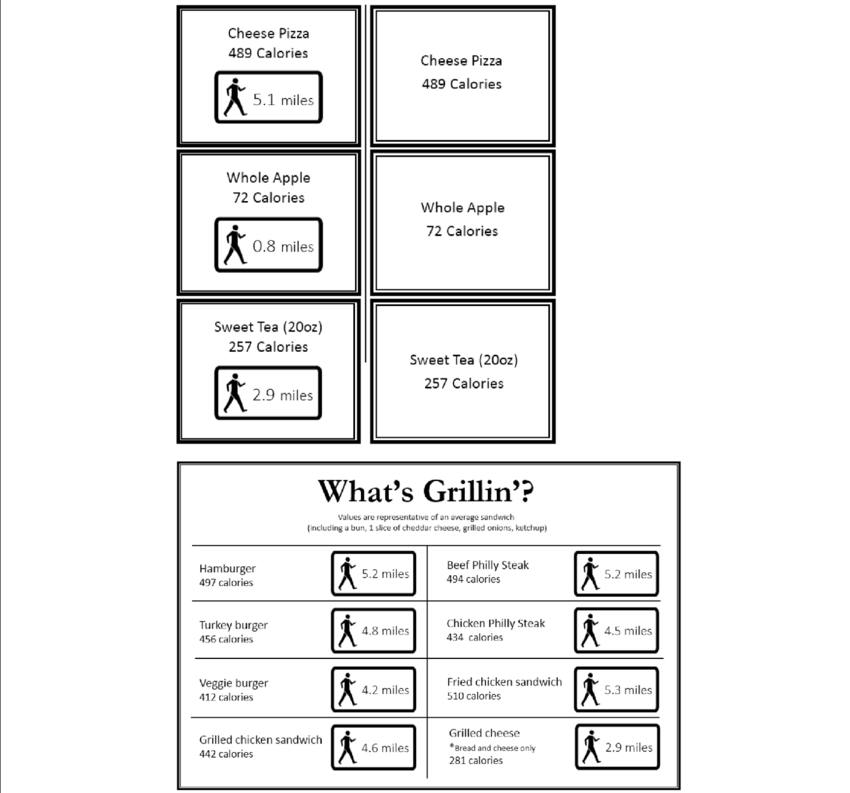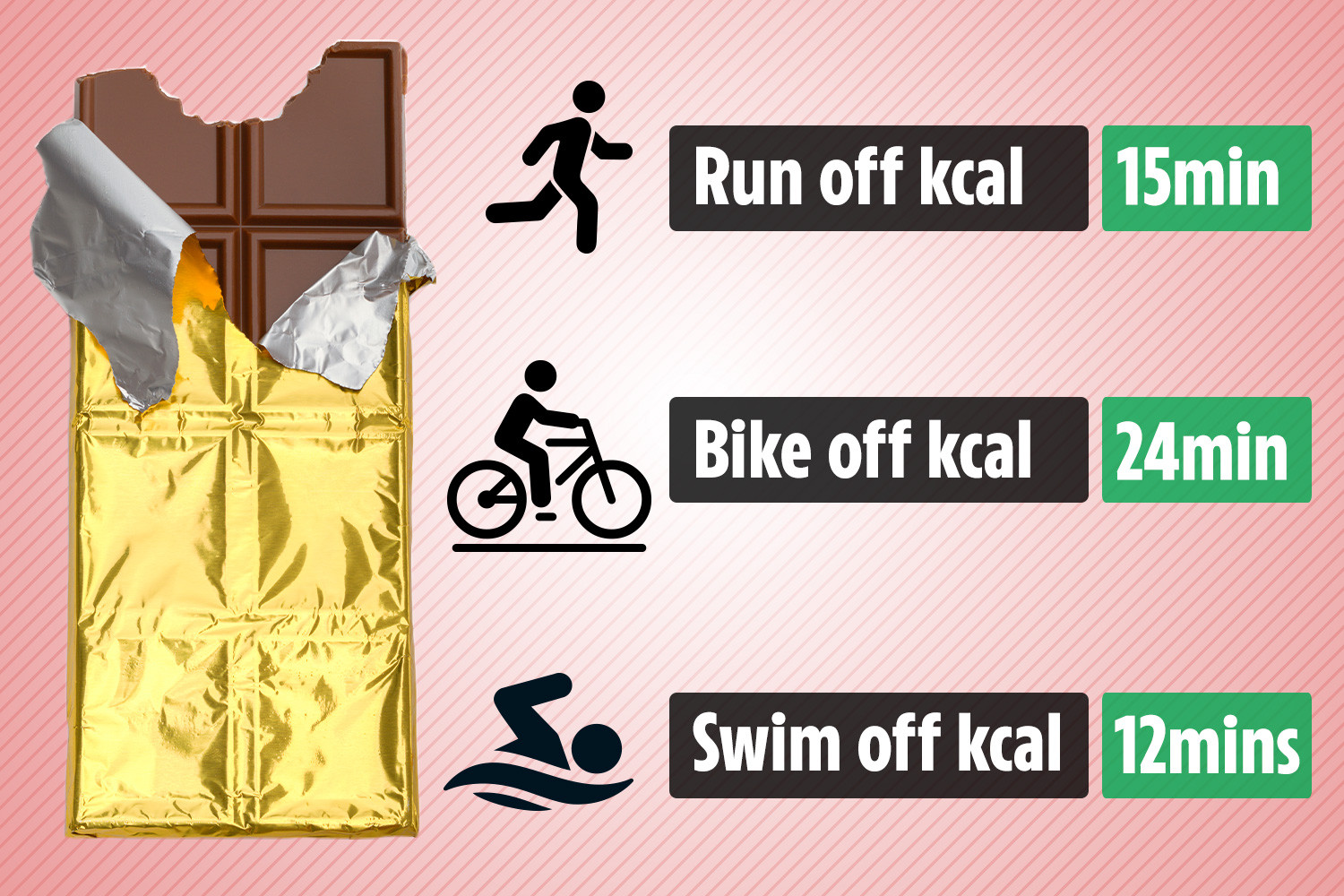Medical Community Calls For New Labeling Of Food Based On Physical Activity Needed To Burn Calories
Source : Thailand Medical News Dec 11, 2019 6 years, 1 month, 3 weeks, 2 days, 12 hours, 20 minutes ago
With growing
metabolic syndrome related diseases such as diabetes and cardiovascular diseases on the rise, labeling food and drink with the amount and type of exercise needed to burn off the calories in it might be a more effective way of encouraging people to make 'healthier' dietary choices, indicates research published online in the
Journal of Epidemiology & Community Health. Many in the medical community are also supporting the move.

Considering that the current system of food labeling by calorie and nutrient content is poorly understood, and there's little evidence that it is altering purchasing decisions or having any impact on obesity levels, it may be worth trying, suggest the researchers from Loughborough University.
The researchers estimated that if widely applied, it might, on average, shave off up to 195 calories per person per day.
PACE or Physical activity calorie equivalent or expenditure food labeling aims to show how many minutes or miles of physical activity are needed to burn off the calories in a particular food or drink. For example, eating 229 calories in a small bar of milk chocolate would require about 42 minutes of walking or 22 minutes of running to burn these off.

In Britain, the UK Royal Society for Public Health has already called for PACE labeling to replace the current system, but to date, there's been little strong evidence to back this stance.
The medical researchers trawled research databases and other relevant online resources for studies that compared PACE labeling with other types of food labeling or none for potential impact on the selection, purchase, or consumption of food and drinks (excluding alcohol).
The researchers found 15 relevant randomized controlled trials, and pooled the data from 14 of them. The results showed that when PACE labeling was displayed on food and drink items and on menus, on average, significantly fewer calories 65 fewer per meal were selected.

It was also found that PACE labeling was also associated with the consumption of 80 to 100 fewer calories than no food labeling, or other types of labeling.
From their findings, and average consumption of three meals a day plus two snacks, the researchers suggest that PACE labeling might potentially slice around 200 calories off daily intake.
However the researchers caution, the number of included studies was small, and the design of each varied considerably. Most weren't carried out in real life settings, such as restaurants and supermarkets.
The researchers from Loughborough University told
Thailand Medical News, "PACE labelling shows some promise in reducing the number of kilocalories (calories) selected from menus, as well as the number of calories and the amount of food (grams) consumed.&qu
ot;
Research shows that even a relatively small reduction in daily calorie intake (100) combined with a sustained increase in physical activity is likely to be good for health and could help curb obesity at the population level: PACE labelling may help people achieve this, they say.
They insisted, "PACE labelling is a simple strategy that could be easily included on food/beverage packaging by manufacturers, on shelving price labels in supermarkets, and/or in menus in restaurants/fast-food outlets. Public health agencies may want to consider the possibility of including policies to promote it as a strategy that contributes to the prevention and treatment of obesity and related diseases.”
References : Effects of physical activity calorie equivalent food labelling to reduce food selection and consumption: systematic review and meta-analysis of randomised controlled studies, Journal of Epidemiology & Community Health, DOI: 10.1136/jech-2019-213216


